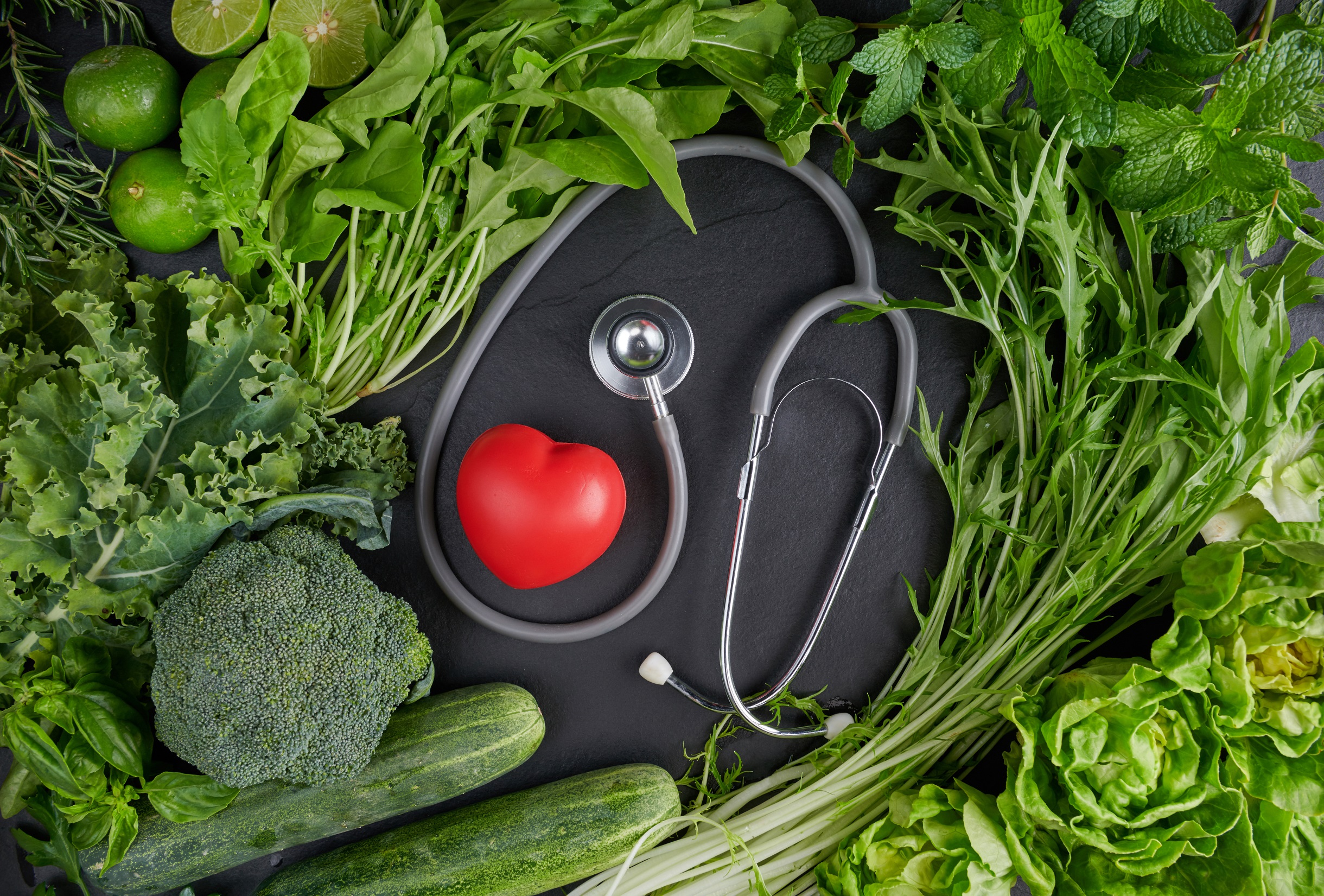“One cannot think well, love well, sleep well, if one has not dined well.”
– Virginia Woolf, A Room of One’s Own
Over the years, many studies have been conducted that suggest following certain healthy diets can help prevent up to 50% of all cancers. These studies have shown that our dietary habits have some impact on increasing or decreasing the risk of cancer. Not only can the science of nutrition help decrease the risk of developing cancer, but it can also help those who are already being treated for cancer.
In this article, I will cover which healthy foods and diets are the best for preventing and coping with cancer.
Alkaline Diet
Cancer itself creates an acidic microenvironment that promotes cancer metastasis (the spread of cancer cells from where they first formed to other parts of the body) and surpasses immunity. Foods that contain refined carbohydrates and animal fats, such as red meat, pork and white flour will only cause your body to become more acidic. Eating more whole foods such as fruits and vegetables and limiting your consumption of red meat, sugar and white flour and rice will increase the presence of alkaline ions after digestion.
As an oncologist, I look for alkaline-acid imbalances very carefully and have seen much progress in patients who follow the alkaline diet.
Bottom line for cancer patients: Keep your body alkaline and check your HCO3 level on your blood tests.
Paleolithic (Paleo) Diet
The paleolithic diet is designed to replicate the natural dietary habits our ancient ancestors followed. When humans spent their days hunting and gathering diets, mainly consisted of fruits, vegetables, nuts, and meat. Because this was a time before food processing, grains and dairy were not found in the human diet.
The paleo diet takes on various forms. Some variants of the diet are primarily plant-based but some of the more popular variants include a limited selection of animal products. The paleo diet often includes the typical fruits and vegetables, nuts and meat, but excludes all dairy products, coffee, alcohol, sugar, and more.
The good news about the paleo diet for battling cancer is that you don’t need to eliminate all food groups. Some foods such as beans and grains that are typically not found in the paleo diet are actually beneficial in improving general health and decreasing cancer mortality.
Bottom line for cancer patients: Red meat promotes the building blocks in creating cancer, so it’s best to avoid red meat as much as possible.
Ketogenic (Keto) Diet
The keto is a high-fat, low-carbohydrate diet. The keto diet deters the energy source behind cancer cells away from glucose and towards ketones. Some studies have shown the cancer cells can’t metabolize ketones as well as healthy cells can, but some studies suggest that tumor cells actually can use ketones as an energy source. Although there are some debates around exactly how the keto diet works to reduce the risk of cancer, many researchers believe that the keto diet is effective because it involves low protein consumption and not the production of glucose or ketone.
Of all the diets listed in this article, the keto diet is the most difficult to follow. It also allows red meats which increase your chances of developing cancer. So, for the keto diet to be successful, patients must be extra cautious to avoid too much protein from red meats and nutrient deficiency.
Bottom line for cancer patients: Avoid all processed food while following the keto diet and limit animal protein consumption to 15% of your overall diet. In my opinion, the keto diet can be successful in fighting cancer if you limit animal protein intake and consume plenty of natural fats and oils to boost your calorie intake.
Plant-Based Vegan and Vegetarian Diets
The vegan and vegetarian diets are great for fighting cancer because they avoid animal products such as meat, fish, eggs, dairy, and even honey. Instead, they encourage the consumption of the best foods to fight cancer such as fruit, vegetables, nuts and seeds, and whole grains.
A higher intake of plant-based foods has been shown to reduce the risk of developing and dying from cancer. The biggest benefit of plant-based diets for cancer patients is that they avoid animal proteins, which have high amino acids load such as methionine, glutamine, lysines etc and have been found to increase the risk of cancer.
When recommending a plant-based diet to my patients, I suggest consuming corn, potatoes and sweet potatoes in place of grains, beans and wheat as they will help restrict your lysine intake – a critical amino acid in tumor growth.
Bottom line for cancer patients: You can’t go wrong with a plant-based diet. Be careful to avoid the many processed and sugar-filled vegan and vegetarian alternatives that are now available. Stay with corn, potatoes and sweet potatoes.
Vegan Keto Diet
The vegan keto diet is just as it sounds – a combination of both the plant-based vegan and low carbohydrate keto diets. The vegan keto diet emphasizes the consumption of plant-based foods while significantly restricting the consumption of carbohydrates. This diet is high in fats, allows some protein, but excludes all animal products.
Bottom line for cancer patients: this diet is more restrictive than the regular keto diet and requires careful meal planning. You may also encounter the risks of both diets.
Juicing
While I suggest juicing as a way to add more cancer-fighting foods such as fruits and vegetables to your diet, it should not be used as a meal replacement or to meet basic nutritional needs. In fact, your first five servings of fruits and vegetables should come from whole foods to make sure you benefit from the fiber.
Bottom line for cancer patients: Juicing ensures that you get plenty of phytochemicals, which are good for your general health.
Conclusion
Many lists identify cancer-fighting foods, it’s important to note that no single food group can prevent or cure cancer. While certain foods can strengthen your immune system and curb cancer metabolism, it’s impossible to know which patients should follow what specific diets. Clinical trials support the effectiveness of plant-based and ketones diets, but the overall best thing you can do is avoid processed foods and nourish your body with clean, whole foods, and you can rotate different diets listed above every several months to get balanced nutrition.
Dr. Paul Zhang at the Institute of Integrative BioOncology provides evidence-based treatments for a wide range of cancers. Call today for more information.



